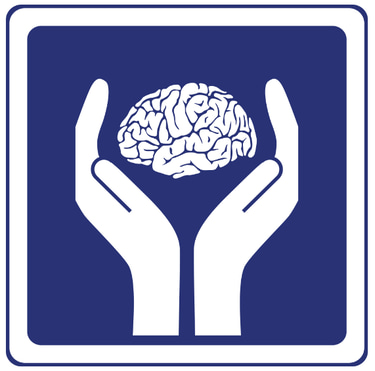Get much needed help ...
Navigating Aphasia: Hope and Healing After Stroke
Aphasia, a language disorder that can devastate communication abilities following a stroke, affects approximately one-third of stroke survivors. While challenging, modern treatment approaches offer significant hope for recovery and improved quality of life.
REHAB
11/30/20241 min read


Understanding Aphasia
Aphasia occurs when stroke-related brain damage impacts language processing areas, disrupting a patient's ability to speak, understand, read, or write. The condition varies widely, with some patients experiencing mild difficulties and others facing more profound communication challenges.
Evidence-Based Treatment Strategies
Research suggests that intensive, targeted speech and language therapy can dramatically improve outcomes. According to a study by Robey et al. (1998), patients who receive consistent, structured therapy show significantly better language recovery compared to those with minimal intervention [1].
Recommended Treatment Approaches
Speech and Language Therapy
One-on-one sessions with speech-language pathologists
Personalized communication strategy development
Repetitive language exercises targeting specific deficits
Technological Interventions
Computer-assisted therapy programs
Assistive communication devices
Innovative neuroplasticity-based treatments
Practical Exercises for Aphasia Recovery
Verbal Exercises
Picture naming games
Sentence completion tasks
Conversational practice with supportive partners
Writing Exercises
Tracing letters and words
Filling out simple forms
Journaling with visual prompts
Recommended Practice Apps
Constant Therapy: Personalized cognitive and language exercises
Speech4Good: Communication skill building
WebANT: Aphasia-specific language practice
Tactus Therapy: Comprehensive language rehabilitation tools
Technology and Hope
Emerging research from the National Aphasia Association indicates that consistent, engaging practice can rewire neural pathways, offering renewed communication potential for stroke survivors [2].
Conclusion
Aphasia treatment is a journey of patience, persistence, and hope. With professional guidance, technological support, and dedicated practice, stroke patients can make remarkable strides in communication recovery.
References
[1] Robey, R. R. (1998). A meta-analysis of clinical outcomes in the treatment of aphasia. Brain and Language, 55(1), 595-611.
[2] National Aphasia Association. (2023). Neuroplasticity and Language Recovery. Research Review.
